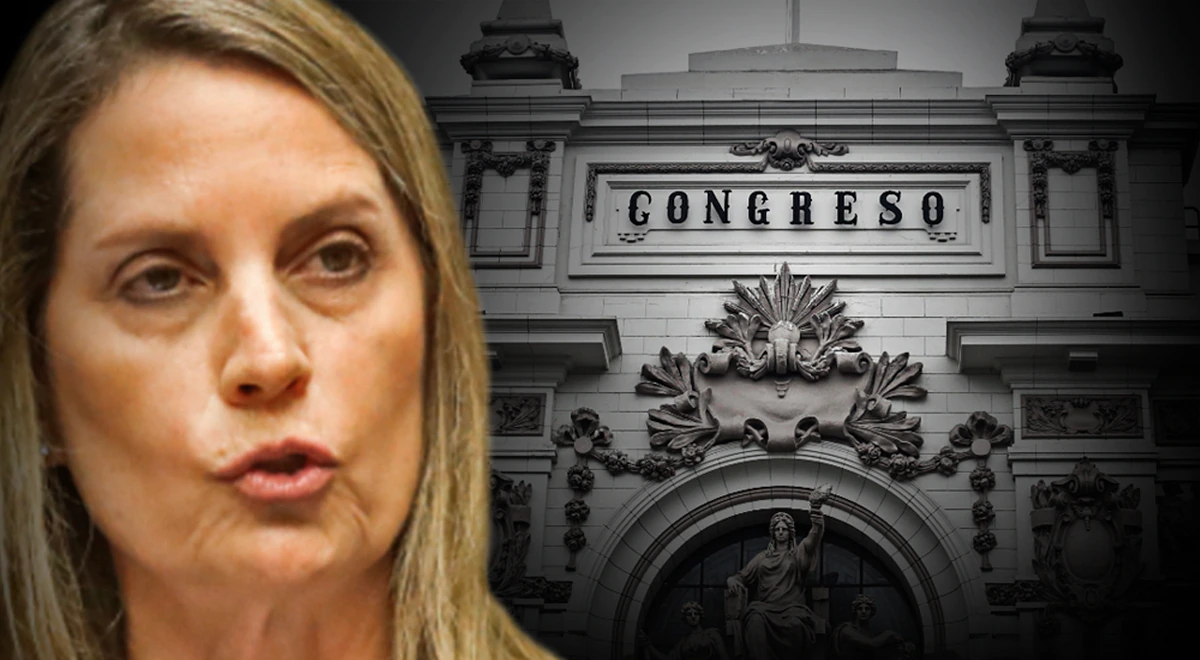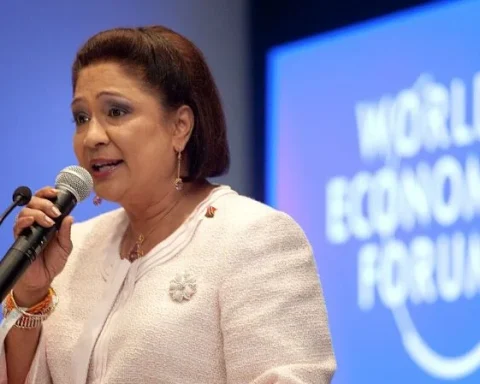The already concluded Board of Directors presided over by the congresswoman Maria del Carmen Alva was once again the center of criticism after having approved an agreement with which Former members of Congress could access a parliamentary remuneration of more than 12,000 soles in case of returning to work in the Legislature as trusted personnel under the excuse that “they have invaluable expertise in the work of the national Parliament.”
This standard has specific requirements. For example, it would apply only to presidents who have successfully completed their term, such as Alva, and It opens the way so that questioned congressmen who have assumed the presidency of the Legislative can return to Parliament with a salary ranging from S / 12,391 and S / 13,637. Given this decision, would you be incurring a possible conflict of interest?
According to constitutionalist Heber Campos, “More than a conflict of interest, it is an impertinent measure”and that it does not contribute to “the image of property and transparency and, above all, a commitment to the public interest”.
YOU CAN SEE: Vacancy against Pedro Castillo and disqualification of Dina Boluarte: the path of Congress in the coming months
This information is also complemented by Ana María Vidal, an expert on constitutional issues, who points out that with this agreement “They are showing that they have entered there only to ensure their economic stability. They are showing that those who seek to enter Congress and who have proposed this agreement are doing it only for personal economic benefit, and they are not doing the service to the citizenry.”
An attack on meritocracy under the excuse of experience
Another important issue raised by both specialists is the possibility that these officials may be provided with inappropriate benefits. Campos recalls that, beyond being former presidents of the Legislature, they are congressmen, who, “Once their mandates are over, they become citizens like any other (…). Giving them this advantage from Congress does not seem appropriate to me. I understand that the foundation has been his experience, his expertise, but it seems to me that, beyond that, the message that is transmitted is not the bestespecially now, where we find ourselves in the midst of a political crisis.”
The constitutionalist Vidal is also emphatic with the crimes that would be incurred with this rule. For her, this agreement, in addition to constituting a conflict of interest, is a measure that violates labor rights; because, although the position in which the former parliamentarians would hold is a position that is obtained as trusted personnel, “The measure even goes against the other congressmen, who do not participate in the Board of Directors”, and generates an inequality of possibilities and violates the right to freedom of work.
Measures to avoid agreement
Both professionals present different ways to prevent this provision from being carried out once the current parliamentary term has ended. Heber Campos first, but most unlikely, proposed the possibility that this provision be changed through an agreement of the same Board of Directors.
“It could be revoked by the current Board of Directors. In law, things are undone the same way they are done: a new deal could overturn the terms of this one,” he says.
Second, he also points out that this measure could be debated by the plenary session of Congress, since this is the “maximum deliberative authority according to the regulations”, and “it could be reviewed through a motion, a request or an agreement of the plenary session. The Board of Directors could be asked to revoke this, ”he explains.
YOU CAN SEE: Pedro Castillo: Prosecutor summons the president to testify on August 4 and 9
For her part, Ana María Vidal proposes an option that could come from another State power, the Power of attorney. According to Vidal, the decision adopted by Alva could be stopped through measures that range from non-applicability to the filing of an amparo claim “to demonstrate this unconstitutionality, because let us remember that in the face of unconstitutional actions, claims of unconstitutionality can be raised. In this case, it could be an injunction to demonstrate how the principle of non-discrimination and the principle of equality is being violated in the Constitution.”
















